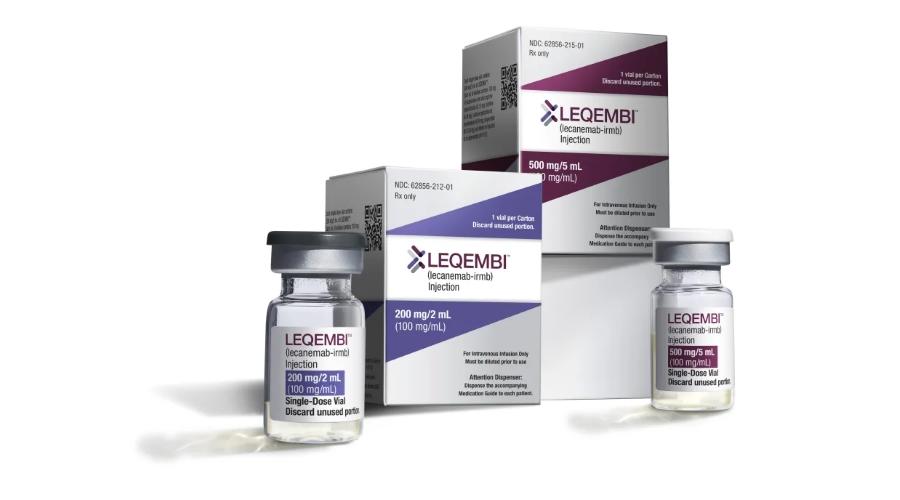CMS accused of discrimination over Alzheimer’s drug verdict

The US Centers for Medicare and Medicaid Services (CMS) has rejected broader coverage of new amyloid-targeting Alzheimer’s disease treatments, a decision branded “pernicious” by patient organisation the Global Alzheimer’s Foundation (GAP).
The CMS was responding to a request by the Alzheimer’s Association to reconsider its national coverage determination (NCD) for FDA-approved antibodies targeting amyloid – i.e. Biogen and Eisai’s Aduhelm (aducanumab) and Leqembi (lecanemab) – which effectively restricts their use to clinical trials.
“We recognise that these medications are a unique, new class of drugs, and we regret that the decision could not be more favourable,” said the CMS in a statement, in which it confirmed it would not be revisiting the NCD for the time being.
Both Aduhelm and Leqembi have been granted accelerated approval by the regulator, and Leqembi has also been filed for full approval, with a decision due later this year - potentially as early as the summer.
Even if that outcome is positive, however, CMS currently recommends that reimbursement coverage would still be limited to use within real-world, registry-based studies, rather than allowing unrestricted access.
“After careful review of the request and supporting documentation, we are making this decision because, as of the date of this letter, there is not yet evidence meeting the criteria for reconsideration,” said the CMS.
However, it will “expeditiously review any new evidence that becomes available that could lead to a reconsideration and change in the NCD.”
The Alzheimer’s Association said the decision was “unjust”, given “significant new evidence” published since it first drew up the NCD in the wake of the chaotic approval and launch of Aduhelm last year.
“CMS’ role is to provide health care coverage,” it continued. “Their role is not to stand between a patient and a doctor when deciding what FDA-approved treatments are appropriate.”
It said that, for each day CMS leaves the policy in place, more than 2,000 people aged 65 or older may transition from mild dementia due to Alzheimer’s to a more advanced stage of the disease.
The GAP has slammed the CMS in even more strident tones, saying it has “outrageously discriminated against 1.2 million Americans with Alzheimer’s who can benefit from a class of disease-modifying therapies that can help extend their life, memory, and independence.”
“This decision continues the agency’s unprecedented and pernicious actions against the Alzheimer’s community, which take treatment options – and hope – away from people with this heinous disease,” added the organisation.
In the absence of Medicare coverage, Eisai is limited to providing Leqembi – which launched at a price of $26,500 per year – to patients who can pay for treatment out-of-pocket or are eligible for its patient assistance programme. It recorded its first sales of the drug last month.













